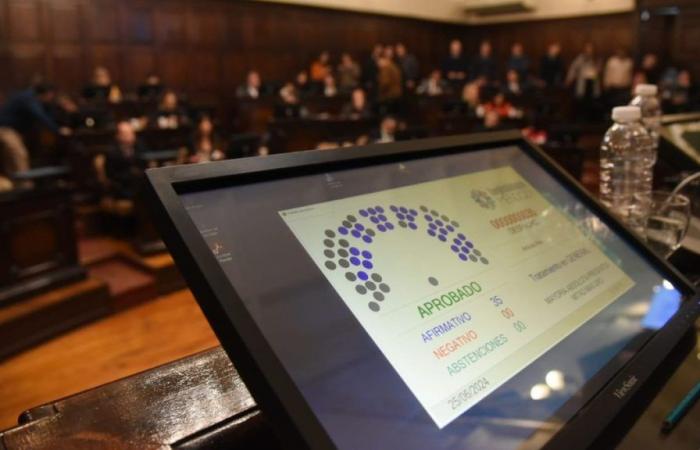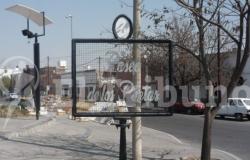
Auto parts and bikes in the spotlight
The auto partsthe bikes and the technological elements These are some of the assets that could begin to be more controlled from now on. The maximum goal is clear: making the black market less profitable for criminals.
The new legislation will allow security forces to carry out inspections and verify the legality of goods and their documentation.
The text of the project highlights that many goods, such as bicycles, are currently outside the registry established by the Decree 1,189/10, despite being commonly subject to the illegal market. Furthermore, there is criticism of the Law 9,169 on auto parts for limiting the interventions of the security forces, by submitting them to the Public Prosecutor’s Office. The new legislation will allow security forces to carry out inspections and verify the legality of assets and their documentation.
The proposed control system includes the creation of a systematized record for tracking used personal property for sale, in order to regularize this market and eliminate illegal trade.
There will be a sanctioning regime for those who sell personal property without proof of its legal origin
The new legislation also establishes that The municipalities may be depositaries of the seized assets and these may be auctioned, destroyed, compacted or acquired by the Ministry of Security and Justice. In the case of used auto parts and spare parts, any person or entity that markets or stores these parts will be required to be registered in the Single Registry of Shipyards and Related Activities (RUDAC) and comply with the regulations of the National Directorate of Automotive Property and Pledge Credits.
Finally, it is established a sanctioning regime for those who sell movable property without proof of its legal originPenalties include fines of 1000 to 4000 UF or arrest of 40 to 60 days.
With this approval, the project is now awaiting the promulgation by the provincial government.
Senate of Mendoza Eisenchlas Cano.jpg
Debate and agreements. In front, the Peronist Adriana Cano and the radical Natacha Eisenchlas.
Discussion and clarifications
The rule that the Minister of Security presented at the time, Mercedes Rus, aims to influence some areas where the circulation of stolen items is very common. It replaces the old Law 8,124 of 2009, which established an analogue procedure for this type of transactions. Now, as mentioned above, The monitoring will be more agile and under the digital modality.
mercedes rus 2.jpg
Minister Rus welcomed the approval of the project.
The reporting member was the radical Maria Galiñareswho highlighted that the new registry will allow any citizen verify if the seller is authorized and know the origin of the good. The enforcement authority will be the Ministry of Security, with the possibility of collaborating with national, provincial and municipal organizations.
The proposed system also includes a rigorous control of establishments dedicated to buying and sellingas well as the necessary documentation to guarantee the traceability of the goods. Powers are granted to the Ministry of Security to inspect and act immediately in case of violationsin accordance with current laws.
►YOU MAY BE INTERESTED: The final battle for the PRO is defined between a war for the polls and more suspicious endorsements
During the debate, the senator Dugar Chappelof the Green Party, expressed its support for the project, although it suggested the need for greater legal basis on the implications of registration.
The senator German Vicchihead of the block The Mendoza Unionendorsed the initiative, but pointed out the need to specify what types of property will be included in the register, since the definition of “movable property” in the Civil Code is very broad.
From the Justicialist Partythe senator Pedro Serra also expressed support for the project, although he criticized its lack of specificity and its limited focus on physical transactions, without adequately addressing the online commerce.
In response to these concerns, Senator Galiñares clarified that the project includes a specific article in the Code of Contraventions (article 116 bis), which contemplates sanctions for the sale of used personal property over the internet. without justification of legal origin. This will allow cyber agents to pursue and sanction these activities.
►YOU MAY BE INTERESTED: Thousands of contracts expire in the State and the national government adjusts its massive layoff plan





